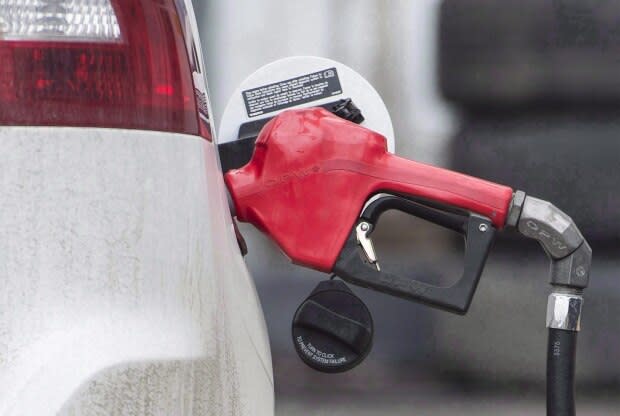Another record year for SUV sales in Quebec as oil consumption continues to rise
Quebec is on track to increase its petroleum consumption by more than 30 per cent over the next decade thanks in large part to continuing demand for sport utility vehicles, according to a new study.
The study, by researchers at HEC Montréal, suggests how much consumption habits have to change in Quebec if the province is to meet its goal of reducing petroleum use by 40 per cent by 2030 — a goal laid out by Premier François Legault earlier this year.
In 2018, more than 10 billion litres of gas were purchased in Quebec, a single-year record, the study says. It was also the sixth consecutive year of record sales of light trucks, a category that includes SUVs and minivans.
Since 2012, light truck sales in Quebec have jumped 61 per cent. Quebecers spent $13 billion buying light trucks in 2018, more than double what they spent on cars.
Light trucks accounted for 25 per cent of vehicles registered in Quebec in 2003. They now account for 41 per cent.
Electric vehicles, meanwhile, make up only 3 per cent of the vehicles on Quebec's roads.
"The big driver for oil consumption is the fleet of cars and vehicles in the streets," Pierre-Olivier Pineau, the study's co-author, said in an interview Saturday. Between 2013 and 2018, sales of petroleum products increased by 10 per cent.
"There are more electric cars that are sold, but that remains extremely marginal, and there's a constant increase in the sales of SUVs over the last seven years."

Quebec will miss 2020 GHG targets
The study gives an overview of annual energy consumption trends in Quebec. Among its conclusions are that Quebec's existing measures to reduce greenhouse gas emissions are falling short.
Emissions, while down from 1990 levels, have stalled since 2014. The report states categorically that the province won't meet it's goal of lowering emissions by 20 per cent from 1990 levels.
Pineau wants the provincial government to take concrete actions that would decrease the use of larger vehicles in the province. He suggested implementing higher taxes for large vehicles or levying a "kilometre tax."

